Architectures of Justice: Legal Theory and the Idea of Institutional Design
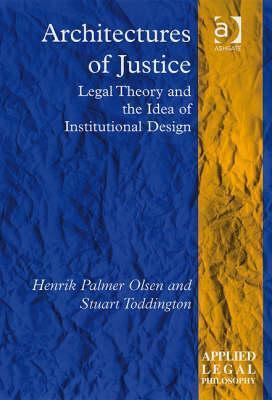
Summary
Law can be seen to consist not only of rules and decisions, but also of a framework of institutions providing a structure that forms the conditions of its workable existence and acceptance. In this book Olsen and Toddington conduct a philosophical exploration and critique of these what they are and how they shape our understanding of what constitutes a legal system and the role of justice within it.
Similar Books
-
 Exile and the Kingdom
Exile and the Kingdomby Albert Camus
-
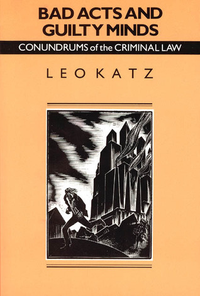
-
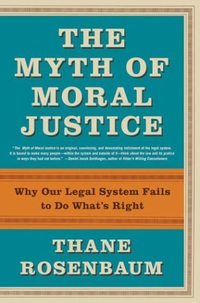 The Myth of Moral Justice: Why Our Legal System Fails to Do What's Right
The Myth of Moral Justice: Why Our Legal System Fails to Do What's Rightby Thane Rosenbaum
-
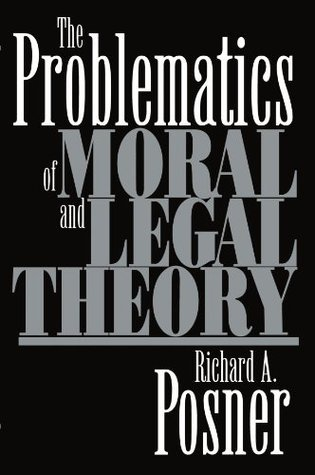 The Problematics of Moral and Legal Theory
The Problematics of Moral and Legal Theoryby Richard A. Posner
-
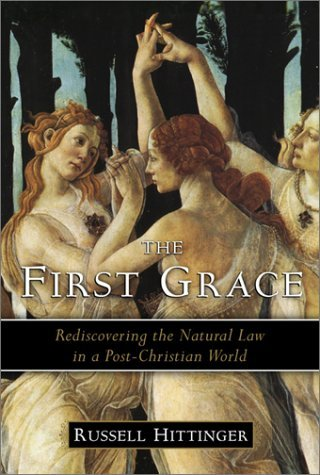 The First Grace: Rediscovering the Natural Law in the Post-Christian World
The First Grace: Rediscovering the Natural Law in the Post-Christian Worldby Russell Hittinger
-
 Who Believes in Human Rights?: Reflections on the European Convention
Who Believes in Human Rights?: Reflections on the European Conventionby Marie-Benedicte Dembour
-
 Japanese Law: An Economic Approach
Japanese Law: An Economic Approachby J. Mark Ramseyer
-
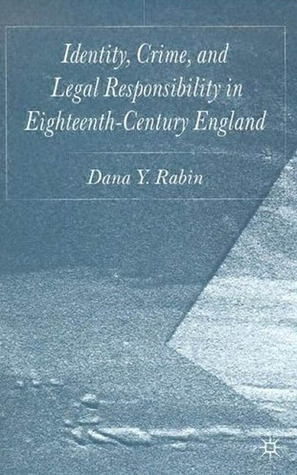
-
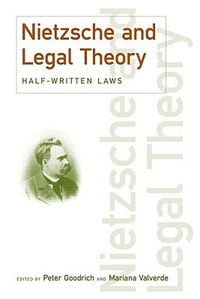 Nietzsche and Legal Theory
Nietzsche and Legal Theoryby Peter Goodrich
-

-
 On Trial: From Adam & Eve to O. J. Simpson
On Trial: From Adam & Eve to O. J. Simpsonby George Anastaplo author of Abraham Lincoln: A Constitutional Biography
-
 Society and Nature: A Sociological Inquiry
Society and Nature: A Sociological Inquiryby Hans Kelsen
-
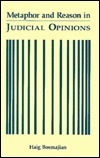 Metaphor and Reason in Judicial Opinions
Metaphor and Reason in Judicial Opinionsby Haig A. Bosmajian
-
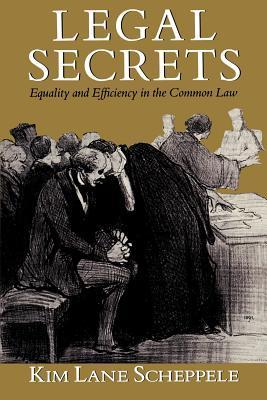 Legal Secrets: Equality and Efficiency in the Common Law
Legal Secrets: Equality and Efficiency in the Common Lawby Kim Lane Scheppele
-
 Charting Global Responsibilities
Charting Global Responsibilitiesby Kevin T. Jackson
-
 Internet Justice, Philosophy of Law for the Virtual World
Internet Justice, Philosophy of Law for the Virtual Worldby Anna Mancini
-
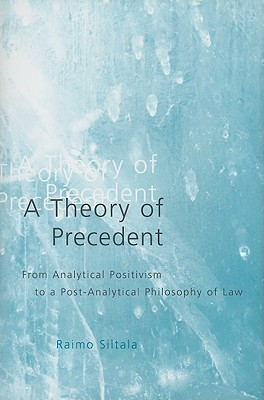
-
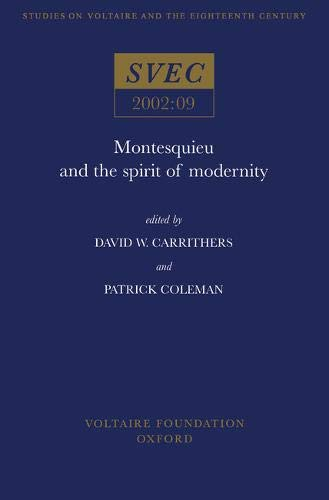 Montesquieu and the Spirit of Modernity (Oxford University Studies in the Enlightenment, 2002:09)
Montesquieu and the Spirit of Modernity (Oxford University Studies in the Enlightenment, 2002:09)by David W. Carrithers and Patrick Coleman
-
 Hegel's Laws: The Legitimacy of a Modern Legal Order
Hegel's Laws: The Legitimacy of a Modern Legal Orderby William E. Conklin
-
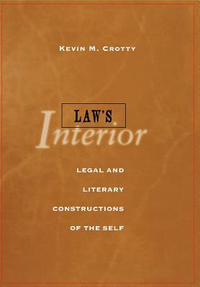 Law's Interior: Legal and Literary Constructions of the Self
Law's Interior: Legal and Literary Constructions of the Selfby Kevin M. Crotty
-
 Custom and Right
Custom and Rightby Paul Vinogradoff
-
 The Soundest Theory Of Law
The Soundest Theory Of Lawby C.L. Ten